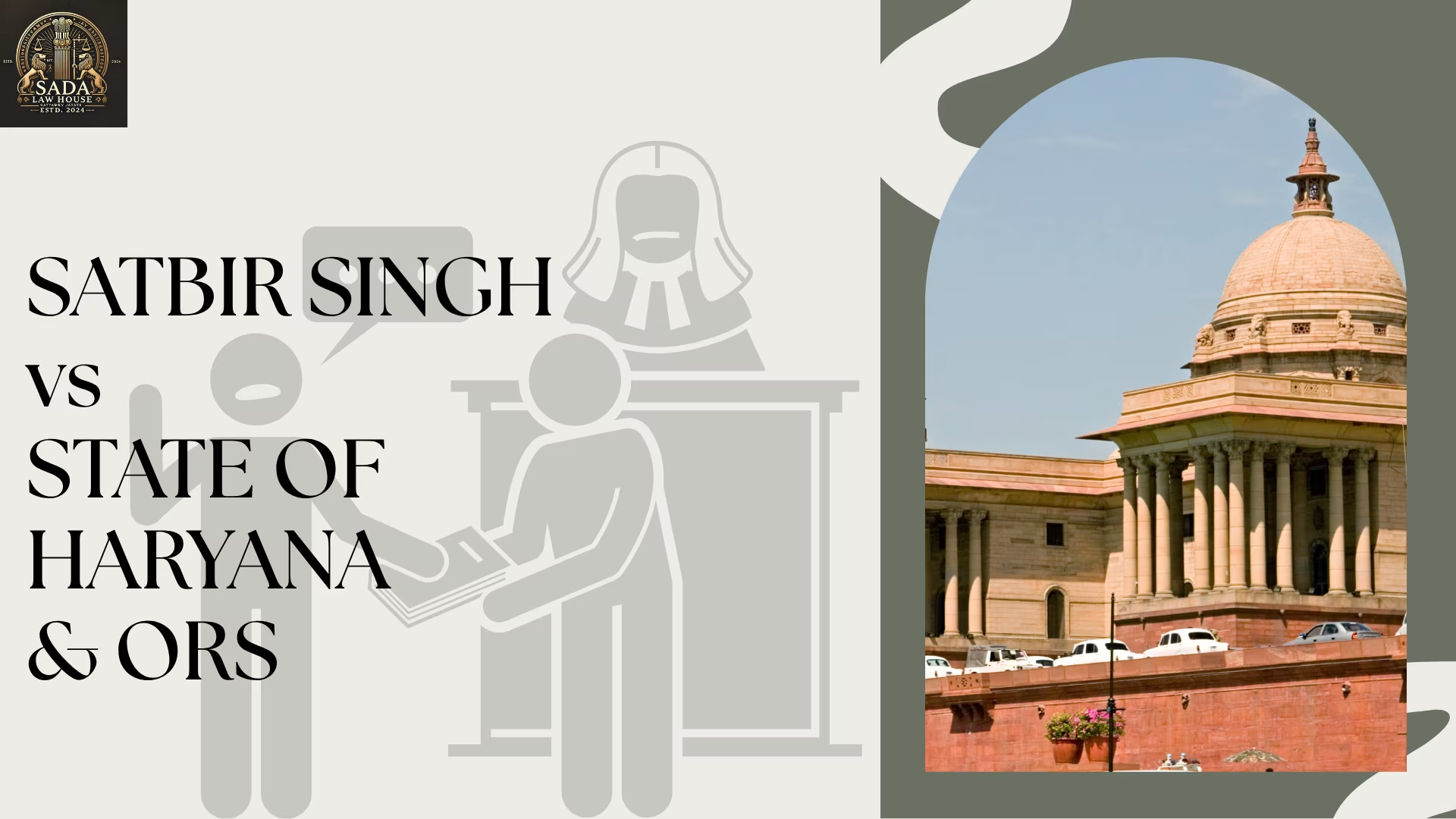Allahabad High Court Upholds ₹273.5 Crore GST Penalty on Patanjali Ayurved
- Kashish jahan
- 04 June 2025

Allahabad High Court upholds ₹273.5 crore GST penalty on Patanjali Ayurved, reinforcing strict GST compliance for Indian businesses. Learn about the judgment’s impact on tax enforcement and corporate accountability.
Introduction: Major GST Penalty Decision on Patanjali Ayurved
In a landmark judgment, the Allahabad High Court has upheld a hefty ₹273.5 crore GST penalty imposed on Patanjali Ayurved, the well-known FMCG and Ayurvedic products company co-founded by Baba Ramdev. This ruling reinforces the importance of strict GST compliance for businesses across India, regardless of their size or reputation.
Details of the Patanjali GST Penalty Case
Patanjali Ayurved had challenged the penalty, claiming it was excessive and unwarranted. However, after a thorough review, the High Court ruled against the company, emphasizing that all organizations must adhere to GST laws fully.
Impact of the GST Penalty on Patanjali and Tax Compliance in India
This verdict serves as a significant precedent for GST enforcement, signaling that even prominent companies are accountable under Indian tax regulations. The decision strengthens the government’s position in combating tax evasion and underscores the critical need for transparency and compliance in the FMCG sector.
Why This Judgment Matters for Indian Businesses
Reaffirms the authority of tax bodies to enforce GST penalties
Sends a strong message to companies about the consequences of non-compliance
Encourages businesses to maintain accurate tax records and follow GST guidelines
Boosts investor confidence by promoting a fair and lawful business environment
Conclusion
The Allahabad High Court’s decision to uphold the ₹273.5 crore GST penalty on Patanjali Ayurved highlights the growing emphasis on tax compliance in India. Companies must stay vigilant and ensure full adherence to GST laws to avoid hefty penalties and legal challenges.






